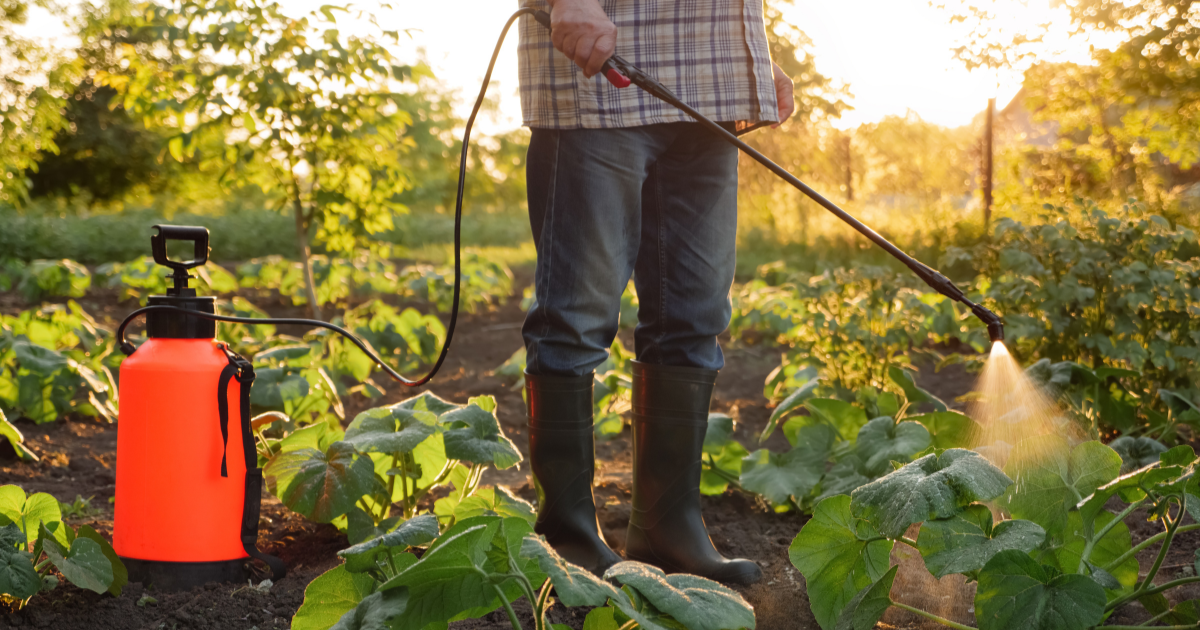This favorite fruit of the French contains too many pesticides according to a study carried out by an American NGO. Find out who.
It is commonly recommended to eat five fruits and vegetables every day. Just like reducing our consumption of foods that are too salty, too sweet or too fatty, this is a basic rule for maintaining good health. These foods are rich in essential nutrients, meeting our needs for vitamins, minerals and fiber. They also offer protection against certain diseases and contribute to our well-being, while offering great diversity. However, many of them contain pesticides. A particularly beloved fruit holds this unfortunate record, according to a study.
This is the fruit most contaminated with pesticides
The Environmental Working Group, a non-governmental organization based in the United States, conducted an analysis on the presence of pesticides in a wide range of fruits and vegetables that we regularly consume. As part of this study, he examined nearly 46,569 samples from 46 types of fruits and vegetables. Unfortunately, only 15 of the 46 fruits and vegetables analyzed contained small amounts of pesticide residues. And the fruit that contains the most? It turns out to be strawberries, followed by peaches, pears, nectarines, apples and grapes, as this ranking shows:
- And strawberries
- spinach
- Kale
- Peaches
- Pere
- And nectarines
- apples
- Grapes
- Peppers
- The cherries
- The blueberries
- peas
However, many elements can influence this situation, including the type of pesticides used, farming methods and the country of origin, as regulations differ from place to place. Strawberries are particularly vulnerable to pesticides because of their delicate and permeable skin.
Strawberries from Spain should be avoided
According to a German survey conducted by Eco-Test, a consumer advocacy magazine, Spanish strawberries should really be avoided in our shopping basket. In fact, experts analyzed 14 trays of strawberries, mainly from Spain, and found traces of pesticides in 8 of them. They found “theethirimol, a fungicide toxic to bees that is currently banned in the European Union (EU) ». According to them, the presence of this pesticide can be explained by the degradation of bupirimate, another found in strawberries, which is classified as carcinogenic.
Photo credit: Shutterstock
In France, the peak harvest season takes place between April and June, although certain varieties can be found growing until the beginning of autumn, as the Ministry of Agriculture specifies on its website . It is recommended instead to opt for labeled products, such as Périgord strawberries under Protected Geographical Indication (PGI), or even Red Label products. This then ensures that the strawberries have been picked at optimal maturity. Otherwise, nothing beats strawberries that come straight from your garden!

